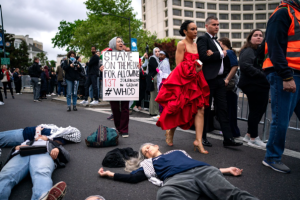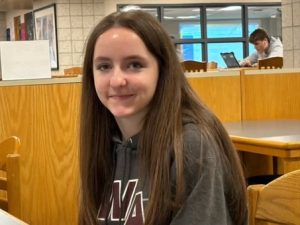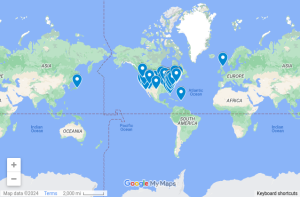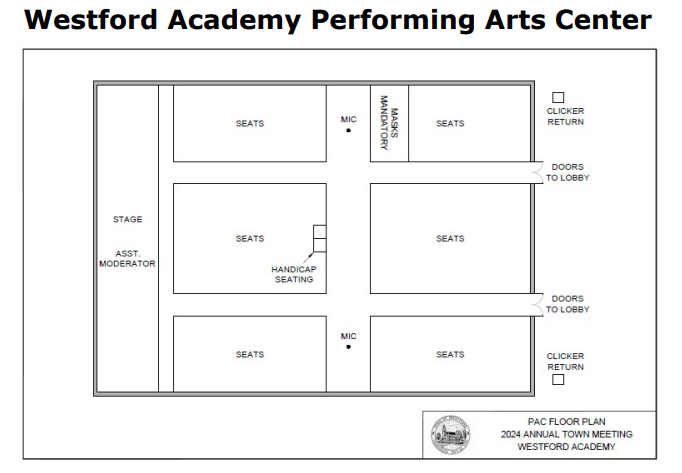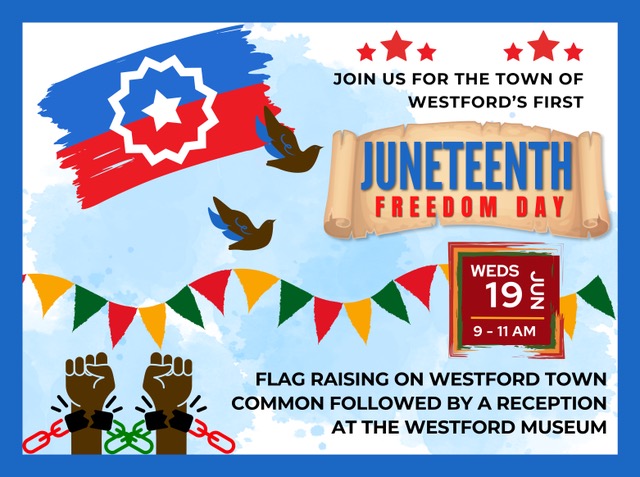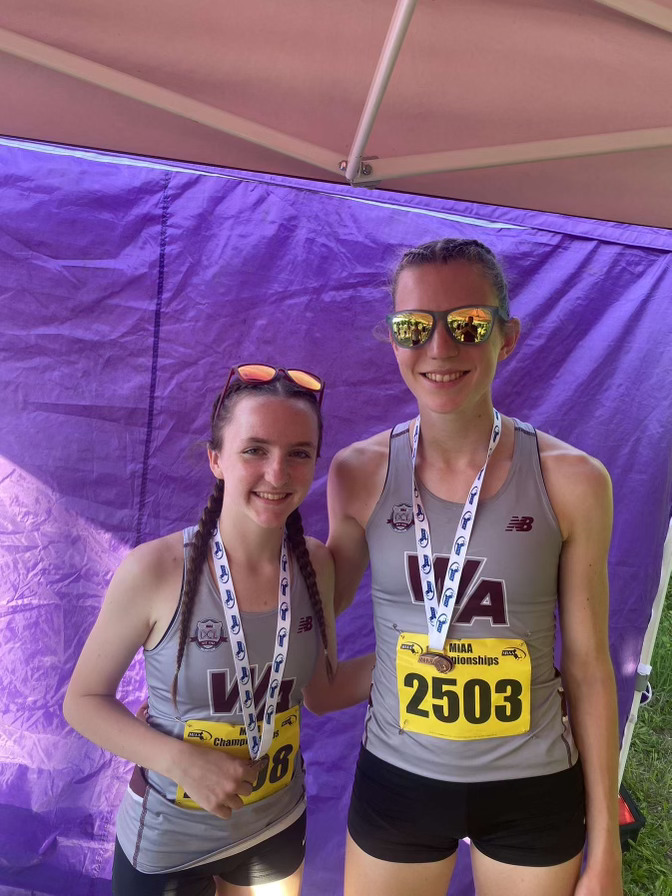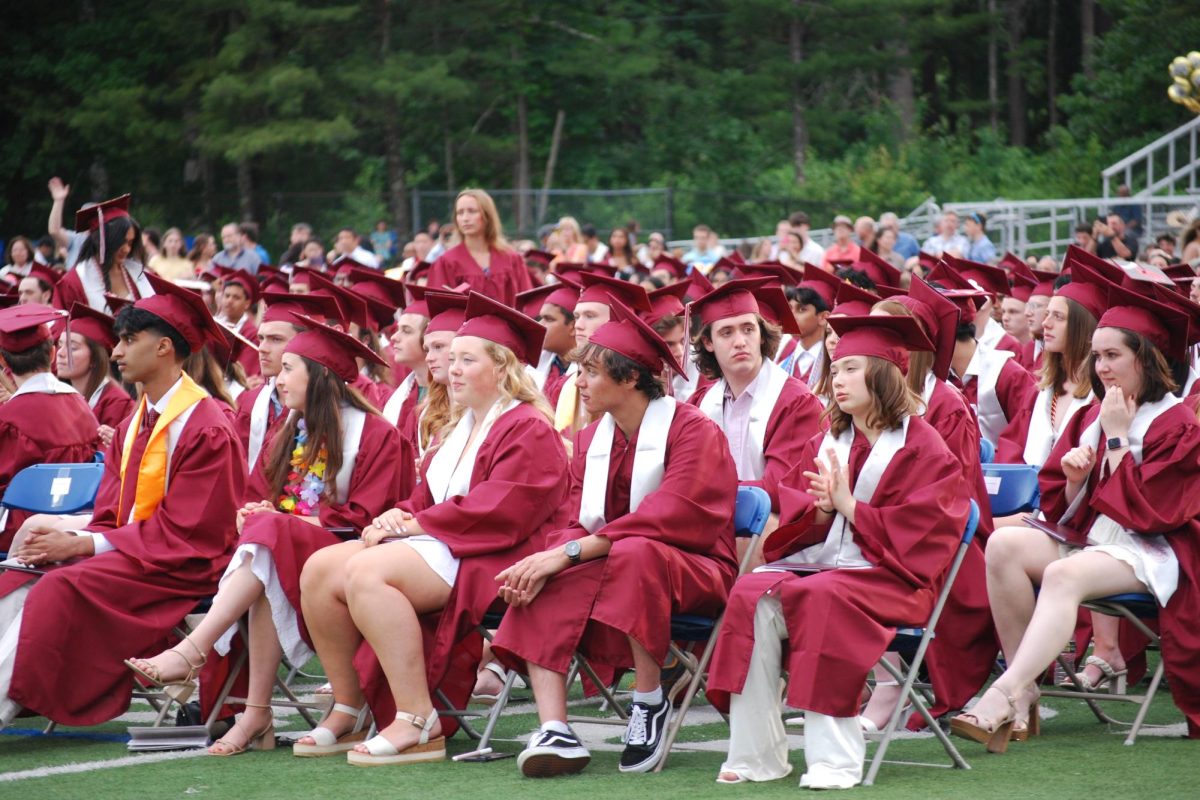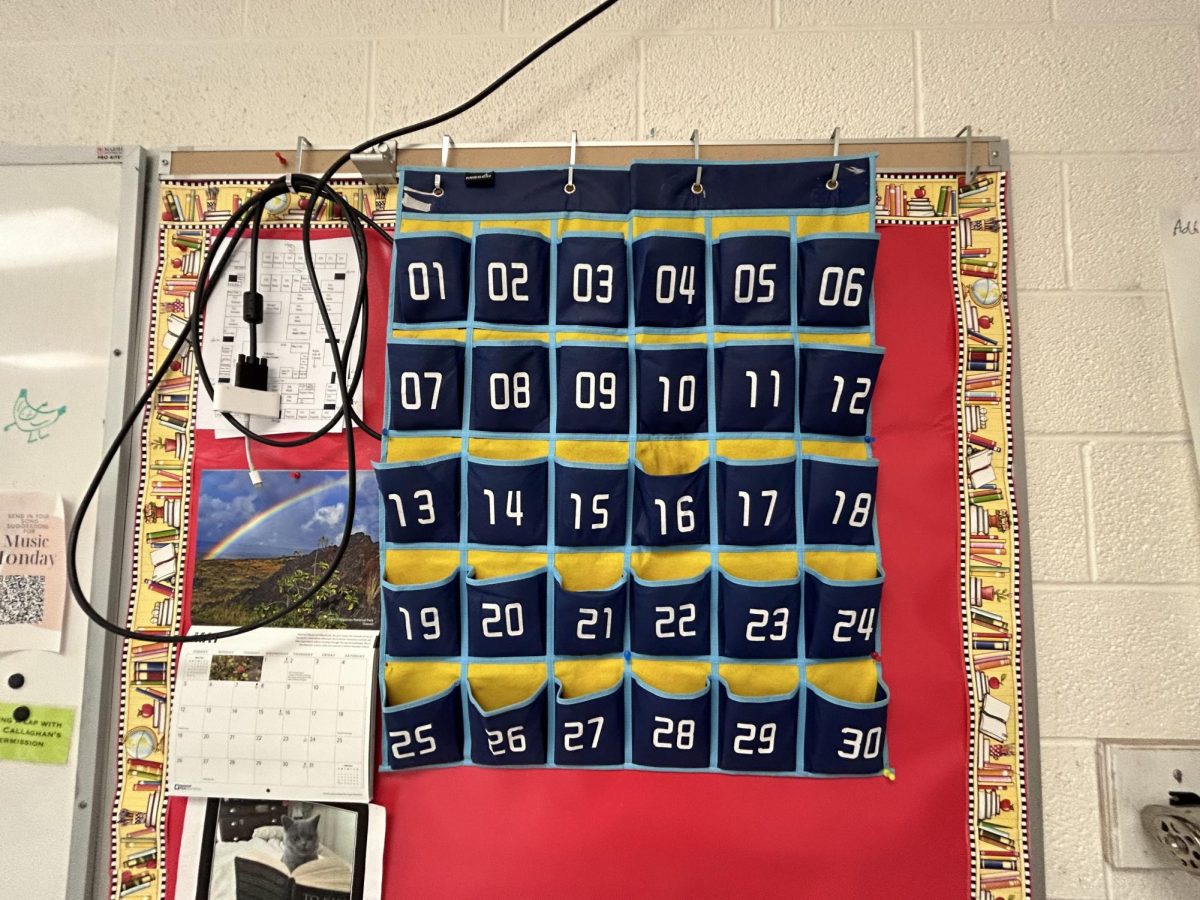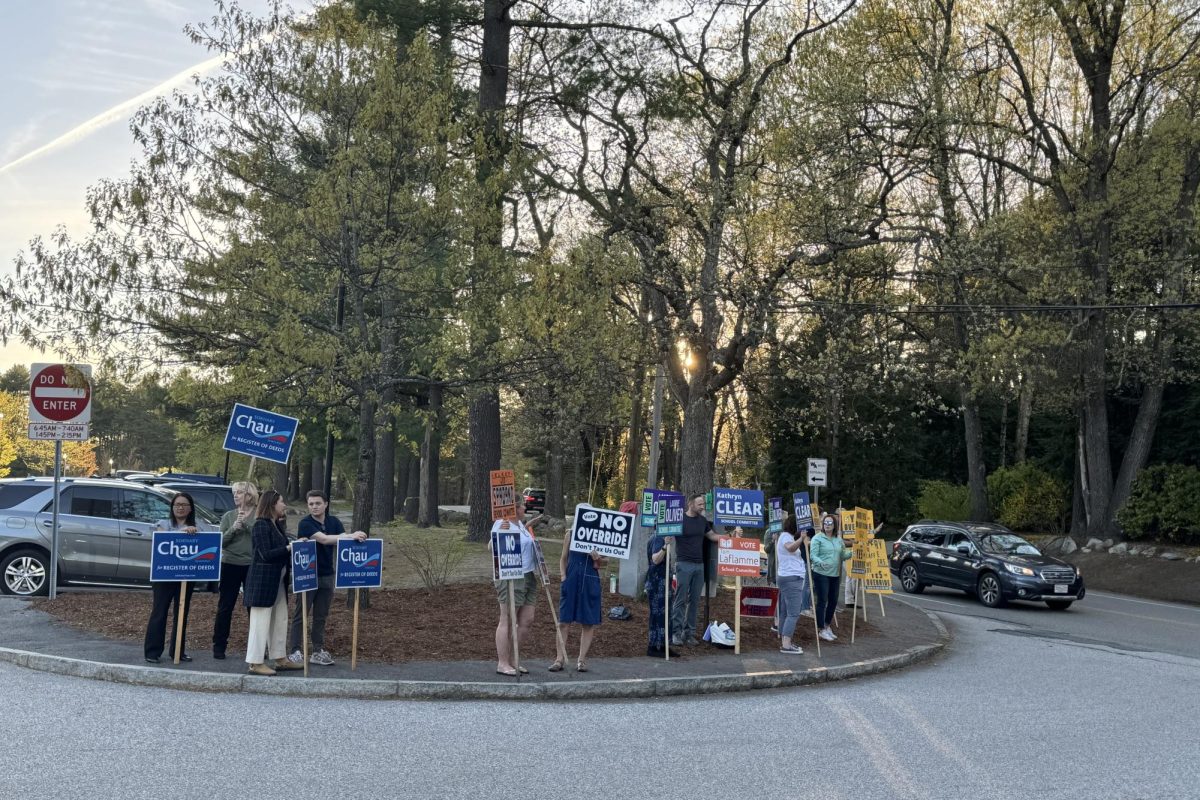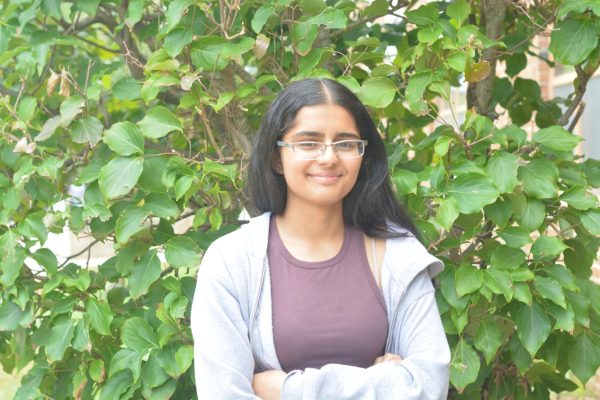Westford’s annual budget and warrant articles will be voted on during the March 23 annual Town Meeting. The meeting, which will include a vote that decides whether or not the Proposition 2 1/2 override will appear on the May ballot, will be held at Westford Academy, with a start time of 9:00 a.m and an 8:00 a.m. check-in.
Dating back to the 17th century, Annual Town Meetings have served as a way for a town’s residents to directly discuss and vote upon important issues.
Here is a breakdown of the basics to know for an annual town meeting.
What gets decided at town meeting?
In short, every annual town meeting has two main goals: to approve the budget for the next fiscal year and vote on issues brought up within the town’s bylaws.

The warrant, or agenda, is shared ahead of time and contains a number of articles that will be voted upon during the meeting. In order to make use of the limited time, only issues directly included on the warrant can be voted and discussed upon.
At the March 23 annual meeting, there will be a total of 22 articles – the first of which deals with the highly anticipated Proposition 2 ½ override budget. As the meeting begins at 9:00 a.m, it will be important for any attendees who want to be involved in this conversation to be checked-in by this time, though they are not required to stay for the entire meeting.
Other articles up for vote include multi-family zoning bylaws and a citizen’s petition for the reinstatement of both Columbus Day and Indigenous People’s Day.
The complete agenda for the meeting, with context and the order of each article, can be found here. For those looking to gain more background on issues that will be discussed, other key resources include reading the Finance Committee Report and Recommendations, watching prior public hearings and committee meetings, or reading past articles.
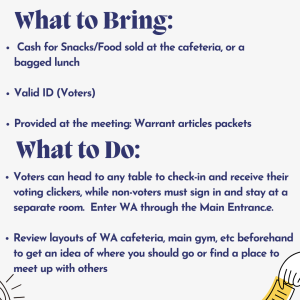
How is Town Meeting different for students?
The Annual Town Meeting, as part of Westford legislative process, is open to any Westford resident who is able to vote. Non-voters, such as students, are also welcome to attend, though they will be seated in a separate section with live-streamed viewing.
Each town meeting will start with presentations of the articles in question, before opening it up for discussion.
One major difference for non-voters is that they are not allowed to speak unless they have permission from ⅔ of the attendees at the meeting. Because of this, non-voting students that want to share a message often do so through one or two chosen members who speak on their behalf.
According to Ellen Harde, Westford’s former moderator of 25 years, the most efficient way to secure time to speak, even as a non-voter, is by coordinating ahead of time – both with the group they are speaking for and with the moderator.
“The most important thing is that voters hear new information, you can’t hear from each of the 500 people how they feel,” Harde said. “For students, I would suggest that you choose perhaps one person or two who represents the views of the students, and you will also need to find a voter who will make the motion to allow you to speak.”

Despite the seemingly long process, Harde adds that this should not deter non-voter groups from expressing their voices as they carry impact.
“I have seen on many occasions, when just one person speaking has turned the meeting around. You can see sort of how everybody’s thinking, and just one person brings up an idea and people think ‘wow, I never thought of that.’ And all of a sudden, it goes the other way,” Harde said. “That is something you can never get in a representative government. There are definitely moments that come to mind as ‘take your breath away moments’ when it works.”
Although many may find it difficult to follow along with the discussions, Harde stresses that the meeting is meant to be as accessible as possible. For example, each article will be accompanied by a presentation during the meeting and voters are welcome to ask questions at any point. In addition, members of the League of Women voters, called “Mentors”, will be at the room with orange flags, and can privately answer any questions about what is going on.

Any voter who wishes to share a comment or question should stand at one of the microphones placed in the hall, wait to be recognized by the moderator, and when called upon, start with their full name and address.
After each articles is discussed, a motion can be made to “move the question.” Put simply, if approved, this means the debate can end and residents can vote upon the issue at hand.
What is a motion?
A motion is required in order to take any actions during the meeting, such as ending a debate and moving on to the vote or bringing up amendments. Voters are able to make motions at any time, and most motions must be seconded to be put to a vote. While these are not essential to memorize, they are helpful to understand the processes of the meeting as it is happening.
Some examples are shown below:
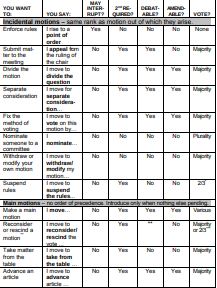
How is voting conducted?
Throughout the meeting, there are two types of voting that occur. The first, often used for uncontroversial decisions, is a voice vote in which voters can simply say Aye or Nay when prompted by the moderator, and the outcome is determined by volume. The other is a more precise vote and requires electronic clickers, which are assigned at the beginning of the meeting depending on the room voters are seated.
While they may be difficult to navigate at first, having a glimpse into the rules and technicalities behind town meetings will ultimately help students and residents alike be more involved within the town.
“I think just being respectful is really the most important thing,” Harde said. “Even if your mind is absolutely made up, listen to what other people say. And I think that’s the key for having a town meeting that is productive and meaningful.”


